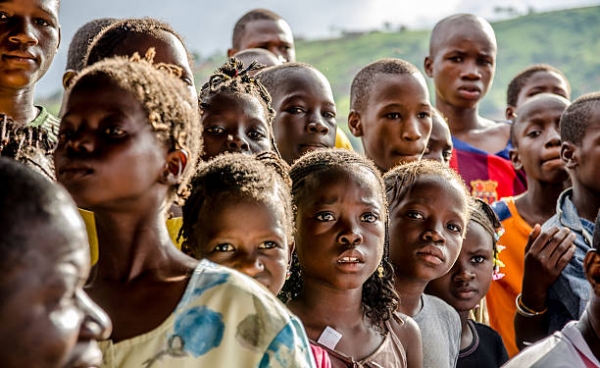Mali finds itself at a crossroads, where the transitional government, in place since the military coup of August 2020, is promoting a peaceful dialogue between opposing communities, as well as and the abandonment of the “logic of militias” currently in place within many areas. However, these first signs of stability are made complicated by a serious crisis that involves several political and social dimensions, such as health, security, and the ongoing humanitarian efforts, threatening to bring the country back to its previous precarious state.
A primary issue affecting conflict resolution efforts is the health crisis caused by the COVID global pandemic. Hence, despite the state of emergency declared on 19 December 2020 and the other emergency measures adopted by the government to raise awareness about the spreading of the virus, the number of COVID cases has increased dramatically (to upwards of 76,000 total cases) between November and December of 2020. Additionally, it has led to the closure of schools and restaurants along with the stop of public hearings, thus further fueling the enduring security crisis. Indeed, the population is particularly suffering from the deterioration of the security situation in the northern and central regions of the country due to the presence of armed groups such as Al-Qaeda in the Islamic Maghreb who commit attacks, and kidnappings, and employ Improvised Explosive Devices (IEDs) to help achieve their goals. As a result, alongside the COVID measures, the government has also therefore strengthened counterterrorism measures, most notably giving the green light to around-the-clock searches in “all places.” As these measures also explicitly involve the “control of the press”, they have inevitably raised concerns pertaining to the freedom of expression and civil rights. Together, these factors have contributed to complicating the access of peacebuilding workers to parts of the central and northern regions of Mali, drastically affecting reconciliations efforts and taking the country back to the brink of a humanitarian emergency.
In spite of this multidimensional crisis, hopes for peace are still widely expressed all across the population. On 5 November 2020, the transitional government, along with four of its senior ministers, and the Minister of National Reconciliation held an inter-community reconciliation forum in the city of Niono, (Segou region), aimed at easing tensions between the different communities in the local cercle (the area in and around Niono), most notably including the opposing Dozo hunters and the Peule ethnic group. Clearly, the resulting agreement was met with careful hope by the involved parties, who consider it a real opportunity for a “transition to a peace” and the interruption of a cycle of violence that has gripped the country for many years.
To know more, please visit:
https://reliefweb.int/country/mli?figures=all
https://www.worldometers.info/coronavirus/country/mali/
Author: Sara Mariani; Editor: Maxime Grenier







